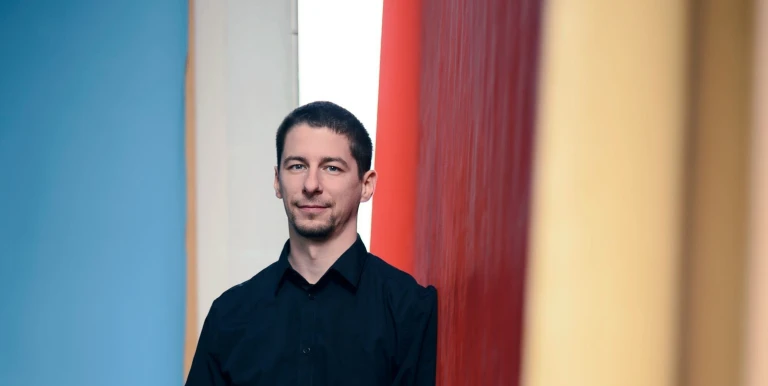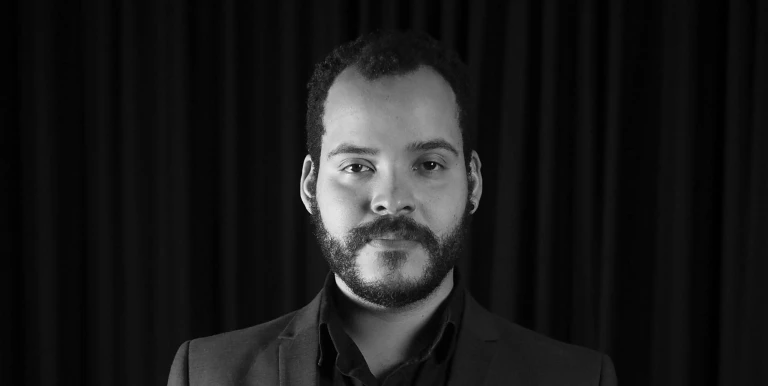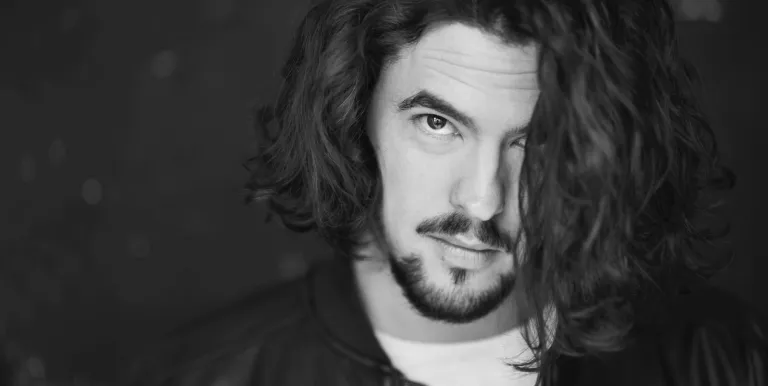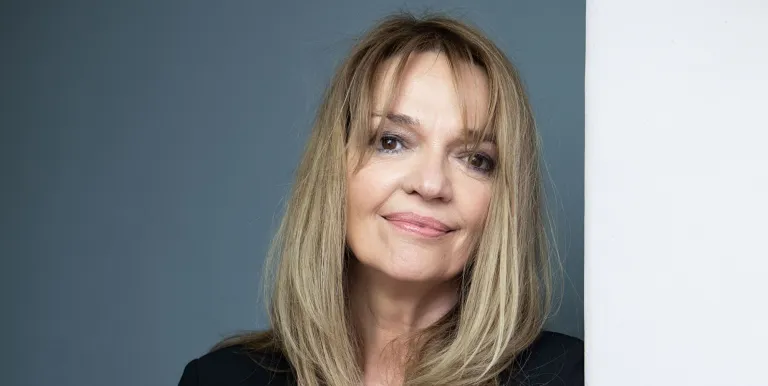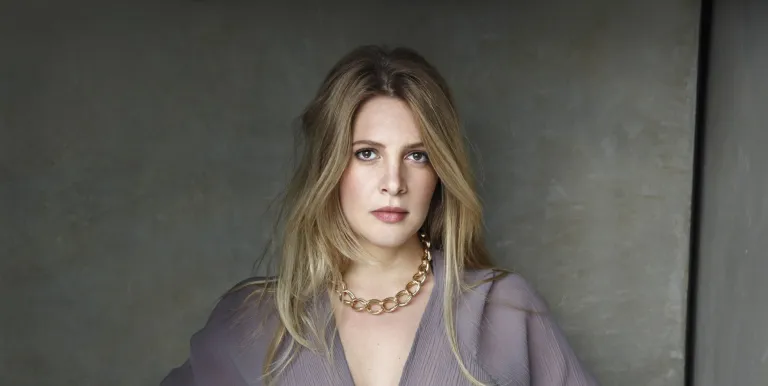Clarke
No songs of triumph now be sung
Weckmann
Toccata in D minor
Caccini
Amarilli mia bella
Sweelinck
Pavana Lachrimae (Flow my tears)
Dowland
Flow my tears
Purcell
Music for a while
J. C. F. Fischer
Chaconne in F major (excerpt from Musikalischer Parnassus)
Telemann
Mein Vater, schaue, wie ich mich quäle (The Brockes Passion)
J. S. Bach
Brunnquell aller Güter, BWV 445
J. S. Bach
Suite in E minor, BWV 996
Erlebach
Schwaches Herz (Harmonische Freude Musicalischer Freude)
Roner
O Lord, receive my doleful cries
The outstanding Hungarian harpsichordist Márton Borsányi recently returned to Hungary after living and working in Switzerland. It was there that he met the Brazilian singer Guilherme Roberto, an artist a few years younger than himself. They have selected their joint programme from often rarely heard vocal works from the composers of the 17th and 18th centuries focused on - in keeping with the Passover season - the idea of repentence and redemption, with other ones addressing the subject of love. Keyboard pieces will serve as the transitions between the songs.
Born in 1991 in São Paulo, Roberto earned a degree in solo voice and violin in the music faculty of his native city's university. He then went on to hone his skills at the Zurich University of the Arts. A singer and choirmaster, he is also a member of the World Youth Choir. His repertoire encompasses several centuries, ranging from early music to Romantic vocal works and contemporary Brazilian pieces. Márton Borsányi was born in Budapest in 1984. He earned his harpsichord degree in the early music department of the University of Music and Theatre Leipzig 'Felix Mendelssohn Bartholdy' before going on to obtain a master's degree in continuo, ensemble conducting and historical improvisation from Basel's Schola Cantorum Basiliensis. He has been performing concerts of church music as a soloist and chamber musician for ten years, and he joined the faculty of the University of Music and Performing Arts Vienna in 2019. To compile this European panorama of Baroque music, the two artists have put together a programme of valuable rarities combined with genuine hits of early music, with the compositions by Giulio Caccini, John Dowland and Henry Purcell certainly counting among the latter.
Presented by: Müpa Budapest
-
We wish to inform you that in the event that Müpa Budapest's underground garage and outdoor car park are operating at full capacity, it is advisable to plan for increased waiting times when you arrive. In order to avoid this, we recommend that you depart for our events in time, so that you you can find the ideal parking spot quickly and smoothly and arrive for our performance in comfort. The Müpa Budapest underground garage gates will be operated by an automatic number plate recognition system. Parking is free of charge for visitors with tickets to any of our paid performances on that given day. The detailed parking policy of Müpa Budapest is available here.

